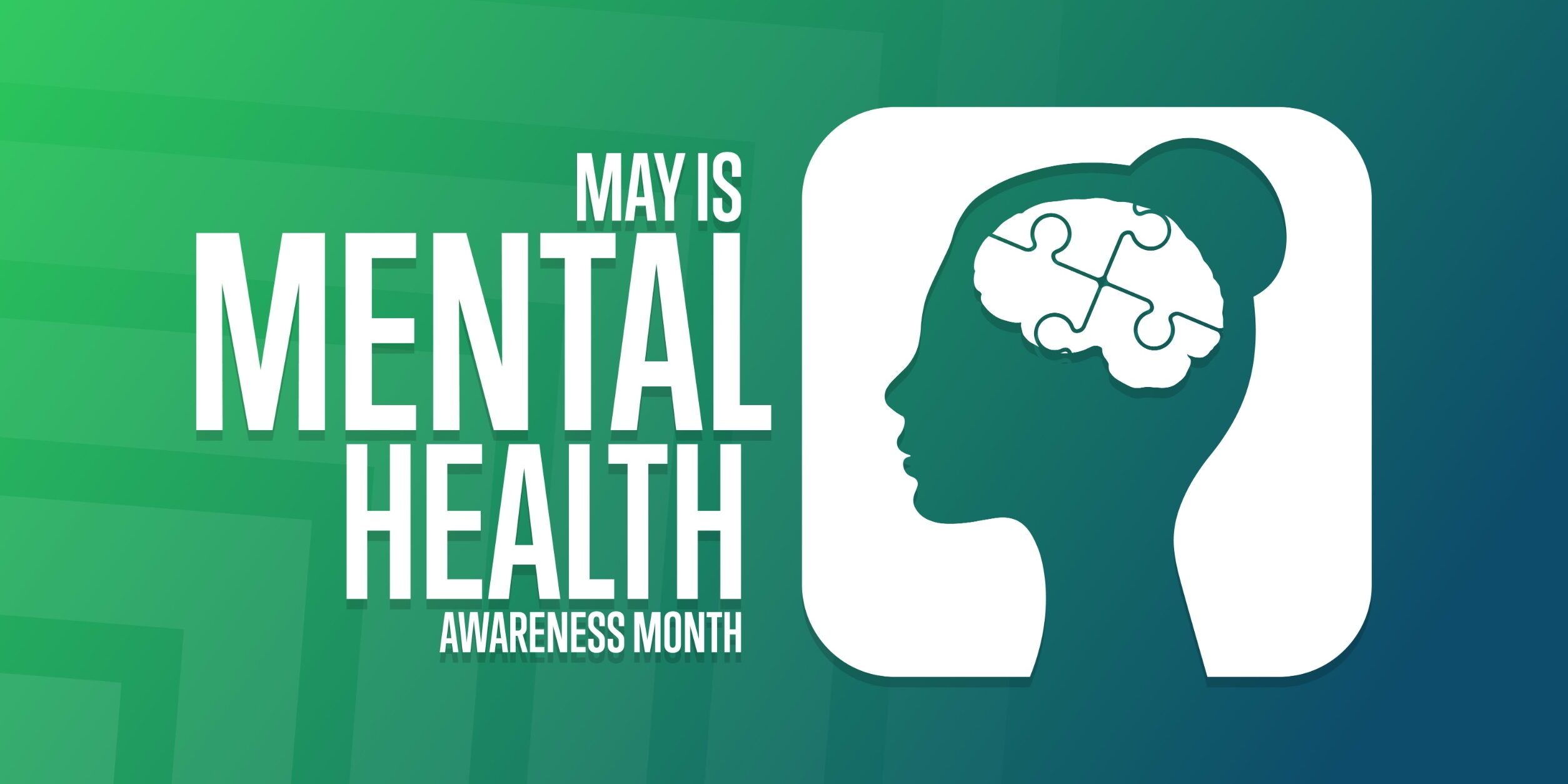Welcome to Mental Health Awareness Month. Below are the top tools for managing stress according to neuroscientists today.

Name the emotion
Research shows that simply naming an emotion reduces amygdala activity. Simply speaking out loud how you are feeling reduces stress. Ask yourself, “What am I feeling?”
Control the environment
We can’t control everyone and everything in our lives and attempting to will only create a net increase in stress; still, we can think about what we do have control over. When feeling stress try asking yourself, “What can I control here”?
Know your why: Values and life purpose
Research shows that reflecting on meaningful values and life purpose serves as a buffer to stress. This strategy engages the pre-frontal cortex and gives people a broader context for their lives, a container for decision-making and a map for future direction. Try asking yourself, ”What is most important here?”
Reframe it
The act of reframing (also known as taking a new perspective or reappraisal) also activates the prefrontal cortex, calming down our stress responses. Reappraisal has been touted by some neuroscientists as one of the most important skills a human being can develop for their mental health and life success. Try asking yourself, “What is a new way of looking at this situation?”
Mindfulness
Mindfulness practices include meditation, yoga, breathing, guided imagery, grounding exercises, quiet reflection time and being still. Mindfulness practices are linked to stress reduction, increased creativity, improved memory, and even being more emotionally intelligent. Try this, stop, take a breath, observe, then proceed.
Have a fantastic day.
Be well.


